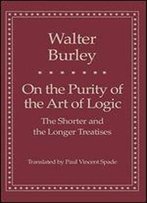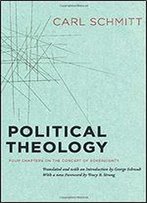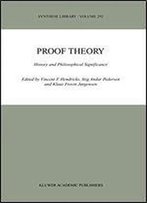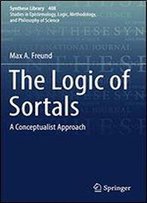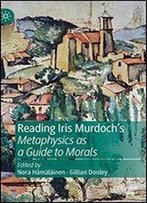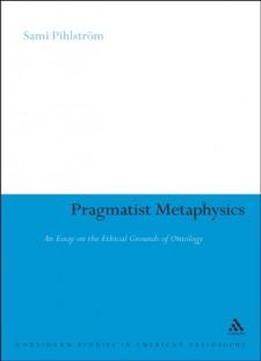
Pragmatist Metaphysics: An Essay On The Ethical Grounds Of Ontology (continuum Studies In American Philosophy)
by Sami Pihlström /
2009 / English / PDF
729.6 KB Download
Pragmatist Metaphysics proposes a pragmatist re-articulation of
the nature, aims and methods of metaphysics. Rather than
regarding metaphysics as a ‘first philosophy', an inquiry into
the world independent of human perspectives, the pragmatist views
metaphysics as an inquiry into categorizations of reality laden
with human practices. Insofar as our categorizations of reality
are practice-laden, they are also, inevitably, value-laden.
Pragmatist Metaphysics proposes a pragmatist re-articulation of
the nature, aims and methods of metaphysics. Rather than
regarding metaphysics as a ‘first philosophy', an inquiry into
the world independent of human perspectives, the pragmatist views
metaphysics as an inquiry into categorizations of reality laden
with human practices. Insofar as our categorizations of reality
are practice-laden, they are also, inevitably, value-laden.Sami Pihlström argues that metaphysics does not, then, study
the world's ‘own' categorial structure, but a structure we,
through our conceptual and practical activities, impose on the
reality we experience and interact with. Engaging with the
classical American pragmatists, in particular William James, and
neopragmatists, including Hilary Putnam, the author seeks to
correct long-held misconceptions regarding the nature of the
relationship between metaphysics and pragmatism. He argues that a
coherent metaphysical alternative to the currently fashionable
realist metaphysics emerges from pragmatism and that pragmatism
itself should be reinterpreted in a metaphysically serious
manner. Moreover, the book argues that, from a pragmatist
perspective, metaphysics must be inextricably linked with
ethics.
Sami Pihlström argues that metaphysics does not, then, study
the world's ‘own' categorial structure, but a structure we,
through our conceptual and practical activities, impose on the
reality we experience and interact with. Engaging with the
classical American pragmatists, in particular William James, and
neopragmatists, including Hilary Putnam, the author seeks to
correct long-held misconceptions regarding the nature of the
relationship between metaphysics and pragmatism. He argues that a
coherent metaphysical alternative to the currently fashionable
realist metaphysics emerges from pragmatism and that pragmatism
itself should be reinterpreted in a metaphysically serious
manner. Moreover, the book argues that, from a pragmatist
perspective, metaphysics must be inextricably linked with
ethics.

